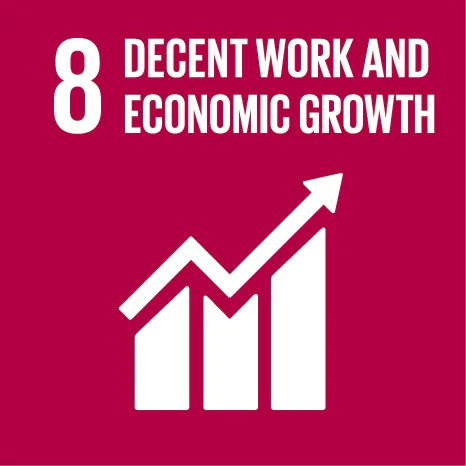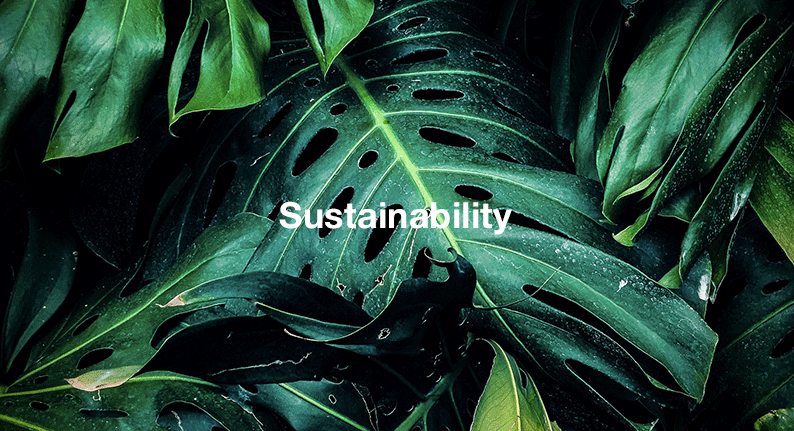Sustainable Development Goals 8: Decent Work and Economic Growth
25 Apr, 2020 12:55 AM / by Quek Leng Chuang

How We Relate to Sustainable Development Goals 8: Decent Work and Economic Growth
This goal is somewhat unambiguous as it treats various aspects of social sustainability concerning not only working conditions, equality issues and poverty considerations but also the bigger direction of our economic system. As our workers are important to sustain our business at Environmental Solutions (Asia) and we want to provide them with possibilities not only for earning money but also for personal development, this goal touches upon our core values.
In our opinion, one of the most controversial aspects of this goal is the emphasis on economic growth which is even depicted in the symbol of this Sustainable Development goal.
Aspects of this goal
In the formulation the first part of the goal is Decent work. However, when we looked at the goals we found the first target to achieve worldwide economic growth in GDP. The United Nations emphasize the goal of continuing economic growth even though resources on our planet are limited. Over the past fifty years, we experienced exponential growth not only in our economies but also in world population, greenhouse gas levels, meat consumption,… In goal 8.4 the UN states that it strives to “decouple economic growth from environmental degradation”. Contrary to the numerical target of GDP growth, it stays rather ambiguous what this target means in numerical terms and how we can achieve growth in this manner.
The next targets touch upon aspects of the macro job environment: Increasing productivity, diversification and innovation. The UN strives to foster the creation of new small and medium-sized enterprises and wants to provide favorable conditions for them.
Also, equality considerations flow into this goal: Until 2030, the UN wants to reach full employment as well as equal pay for workers of all genders.
More goals include improved working conditions, stop of child labor and labor rights in general. Also, appeals to certain industries such as sustainable tourism and finance are included.
Therefore, SDG 8 encompasses a broad field of subtopics that are not easy to capture or realize. With our business operations, we work on a share of those topics that we will now discuss below.
How this SDG is related to our business
We employ 36 workers coming from different countries in South East Asia in our business. As the work in our factories is physically demanding and often requires handling hazardous substances, we give our workers all the necessary training and safety equipment so they can conduct their work without harming their health.
To prove this and to keep our knowledge about safety procedures updated, we obtained the BIZSAFE 3 certification. Our recycling operations contribute to less pressure on natural mining and thus less demand for workers there so we further support safe and secure workplaces.
Moreover, we employ interns in various fields every year, thereby supporting the development of their practical skills and enabling them to collect experience in a professional work environment after their graduation. Interns are invited to contribute with their own ideas and to use their skills acquired at university or in their college education in order to give new impulses for the development of our company. Check out our open internship positions here.
Throughout the years, our company grew in terms of workers, materials recycled and additional value created. Also in the future, we are still striving for growth in these terms: Not quantitative growth but a diversified, value-adding growth that benefits people and the planet is our aim for a purposeful future of our business. As we want to tackle more of Southeast Asia’s Recycling problems, we had a look at the recycling rates of Singapore and found out that only 4% of all the plastic waste is recycled (2018). Regarding urban wood waste and food waste (17%) there is great potential too for us to grow without sacrificing ecologically sustainable business operations. When we grow, we can recycle greater shares of Singapore’s waste, feed it back into the circulatory system and supporting the recycling of valuable resources. This fuels a sustainable development of our current system which is still too linear.
Regarding the goal of the United Nations however, we think that the targeted overall economic growth rates of 7% for the GDP of all developing countries must be evaluated critically. Infinite economic growth is not possible with finite resources – and it usually comes with backlashes for the natural environment.

We are always looking for good talent, if you are interested in a role in the sustainability space, look no further, join our team.
If you want to manage your waste more sustainability, let’s start a conversation. Get in touch with us today.
Topics: Corporate Social Responsbility, Reimagining Sustainability, Sustainability in Singapore
Written by Quek Leng Chuang
LengChuang is a chemical engineer and an expert in carbonomics. He is the founder and owner of Environmental Solutions (Asia) Pte Ltd.
